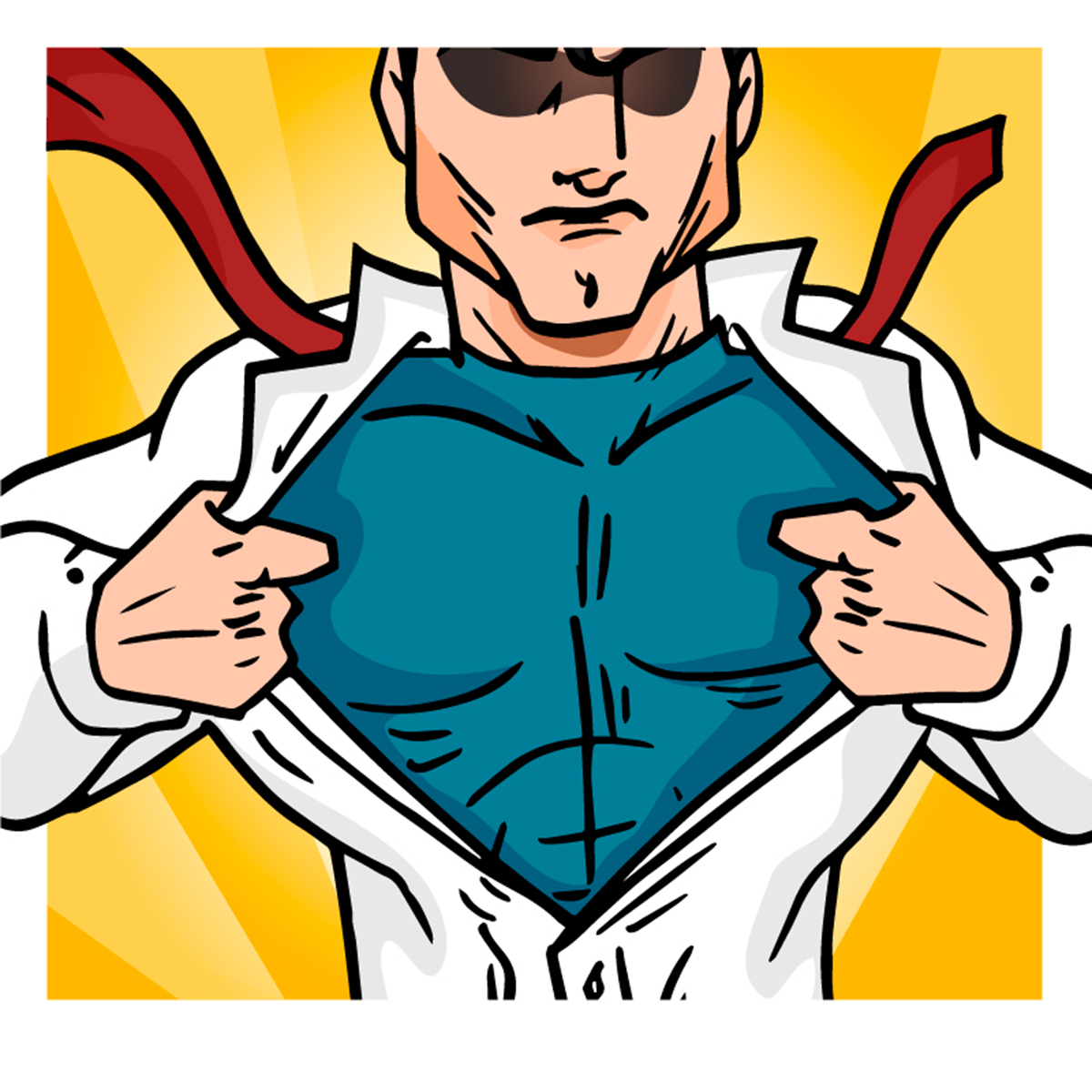Be honest now: Do you think you're better than other people?
Most people do. A majority of human beings feel, even if they can't articulate the reasons why, that they are smarter, better looking, and more worthy than others.
Statistically speaking, at least half of people are below average, so there are a lot of people who hold high opinions of themselves who are just plain wrong. But that's not a bad thing if you can at least recognize the possibility of your blind spots.

Self-Confidence vs Self-Enhancement
The phenomenon of self-enhancement, seeing self as better than an objective person would, is found in infants, children, teens, adults, and senior citizens.It occurs on every continent and in every culture. It's not always a dysfunctional attitude.
Because most people avoid low self-esteem symptoms by pumping up their self-confidence with an inner pep talk, most people have it in them to deceive others, too. People who make a habit of misrepresenting facts to the people on whom they depend tend to acquire more resources. Social scientists DePaulo and Kashy estimate that half of misrepresentations in communications with others have the goal of acquiring things from others. People who are deceived are always developing new methods of detection. People who do the deceiving are always developing new methods of detection. People who know how to be confident tend to develop their skills of deception and detection just a little faster than the competition, at least until they run into the blind spot caused by pathological narcissism.
When Does Self-Confidence Cross Over Into Pathological Narcissism?
The little white lies people tell themselves serve a variety of purposes. If we deceive ourselves that we are better looking, smarter, stronger, or better prepared than we are, we can overcome the limitations of low self-esteem to "give a shot" at trying something new. Excessive self-confidence opens the door to a "lucky break" that we can't enjoy if we don't show for it to happen.
Self-delusion also aid in social advancement. People can tell something they know to be a bold-faced lie to win over followers, and then use their skills at deception to convince themselves that something they know is false just might be true. In service of the objective of the lie. Americans are very aware of many examples of this principle.
When deceiving others is punished, people don't do it as often. When deceiving others is rewarded, people tend to develop essentially automatic skills at twisting the truth to achieve goals. They can even generate their own false memories and false attitudes that crowd out the memories and attitudes that would interfere with their abilities to deceive other people.
Successful liars become lazy about facts. They don't want to know anything that contradicts the lies that work for them. They become selectively attentive to new facts, honing in on those that reinforce their selling proposition. They will misremember basic facts so that they can project even more self-confidence when they lie. When they are aware they are lying, they will rationalize that it's OK to reach an objective any way they can. They will eventually convince even themselves that lies are true. Pathological narcissism is about more than just lying, but many pathological narcissists tell lies to get the attention they crave.
Is There a Better Way to Gain Self-Confidence?
There has to be a better way of improving self-esteem than deceiving others and deceiving yourself. There has to be a way to be a winner without whining and bullying along the way. Although we humans are very good at deceiving others and deceiving ourselves, we also have some other abilities that are practically superpowers:
- Human beings can turn off their internal fear factory. Did you ever wonder what a professional poker player does that people who usually lose at poker do not? Or how the weather forecaster finds the temerity to get on TV and tell thousands of people what the weather will be a week from now? People who take small risks and immediately analyze the results gain the ability to estimate their realistic chances of success. Courage isn't the absence of fear. It's the ability to take sensible action instead of fear. If you do sensible things long enough, and survive their consequences, eventually you overcome your fear. But this requires being honest with yourself every single time.

- Human beings are natural mind readers. Or at least they can be with a little practice. All of us have a "theory of mind" that helps us understand not just what people say but also what they intend. Most people can "read" other people about five steps into the future. If you can't, there are things you can do about it. Taking the time to write down or converse about what you expected someone to do and comparing it to what they actually did will help you develop your "mind reading" abilities. Again, this natural mind reading ability, your personal theory of mind, only improves when you are honest about what you did and didn't expect.
- Human beings have an inborn sense of the supernatural. Even atheists have a sense of the supernatural. That's not a bad thing. It's there to protect you. We have a natural sense of how other people's minds work. Part of this ability, however, is thinking of minds without bodies, hence we naturally believe in God or gods, spirits, saints, fate, paranormal events, and so on. Whether or not there is some level of truth in our religious beliefs, we are all capable of opening ourselves to amazing experiences, to escaping our circumstances by connecting to another "world." Those escapes to another world can give us the rest and recuperation we need to deal with this one.
- Human beings are the best runners in the Animal Kingdom. You might not think of humans as better runners than horses or Cheetahs or wildebeest, but humans can run faster over more different kinds of conditions than any other animal on earth. Other species can outrun us in specific conditions, but there are always situations in which we can outrun them. We have sweat glands that keep us cool. Most of the animals that might regard humans as soft and tasty do not. We see what is in front of us. Some of the animals have had to run after (goats, for example) can only see to the sides. We can run uphill. Humans run faster than horses up a mountainside. Even out of shape humans have remarkable abilities to escape danger, when they are confident enough to use them.
- Human beings can turn goals into habits. Sometimes it can seem that our lives are controlled by outside influences. We do things the way our parents did them. We emulate the lifestyle we see on TV. We do things with our friends that take us off our diets or interfere with our resolutions for personal growth. However, it's possible to defeat a bad habit by just showing up to a good habit. For instance, if you are too busy to go out for a run, take at least enough time to put on your running gear. Then see what happens. If you want to stop smoking, move them out of sight. If you want to eat less, stop meeting your friends at the burger place. Let your goals control your behavior.
- von Hippel W, Trivers R. The evolution and psychology of self-deception. Behav Brain Sci. 2011 Feb
- 34(1):1-16. discussion 16-56. doi: 10.1017/S0140525X10001354. PMID: 21288379
- Photo courtesy of freepik.com
- Photo courtesy of freepik.com


Your thoughts on this